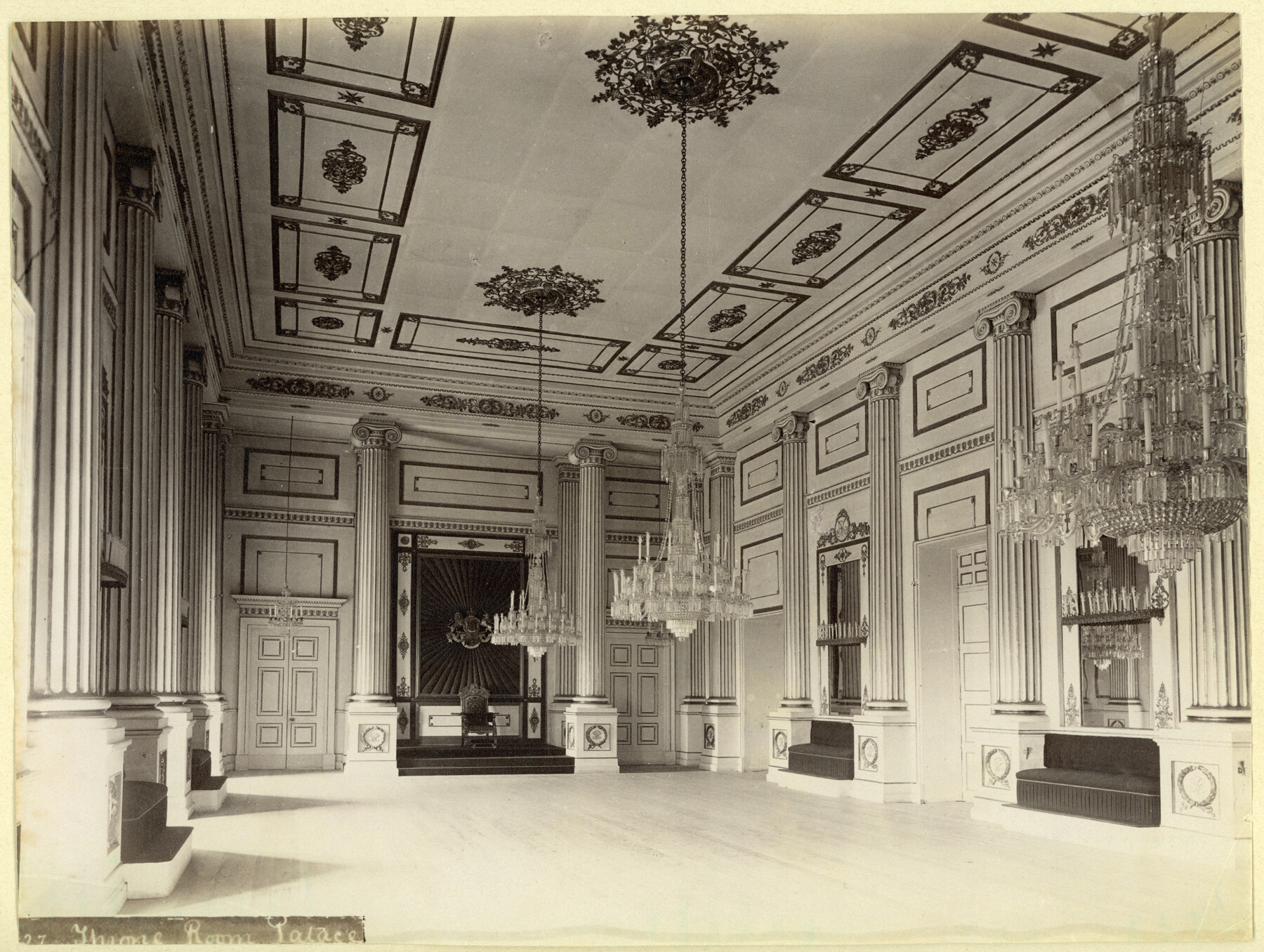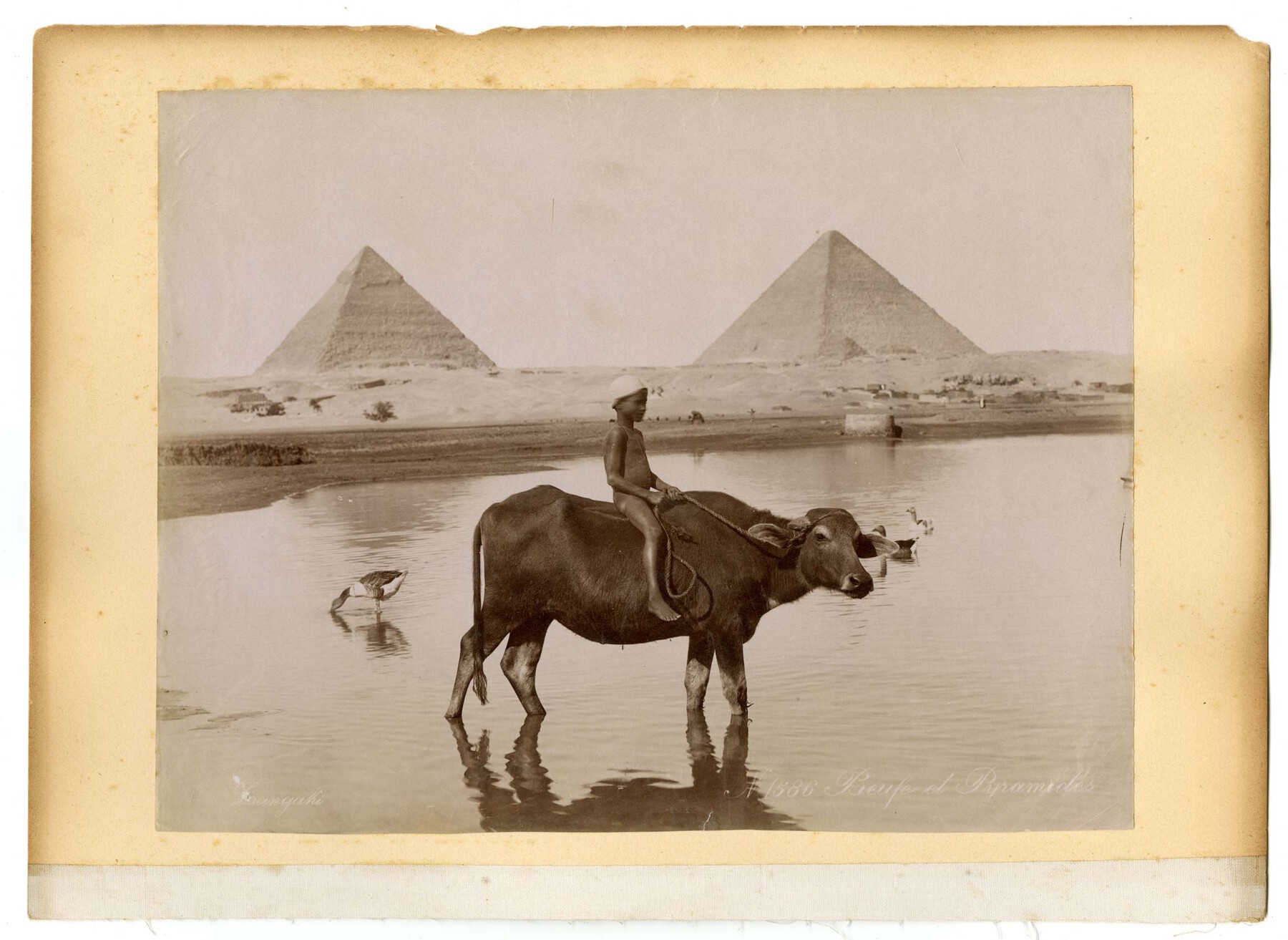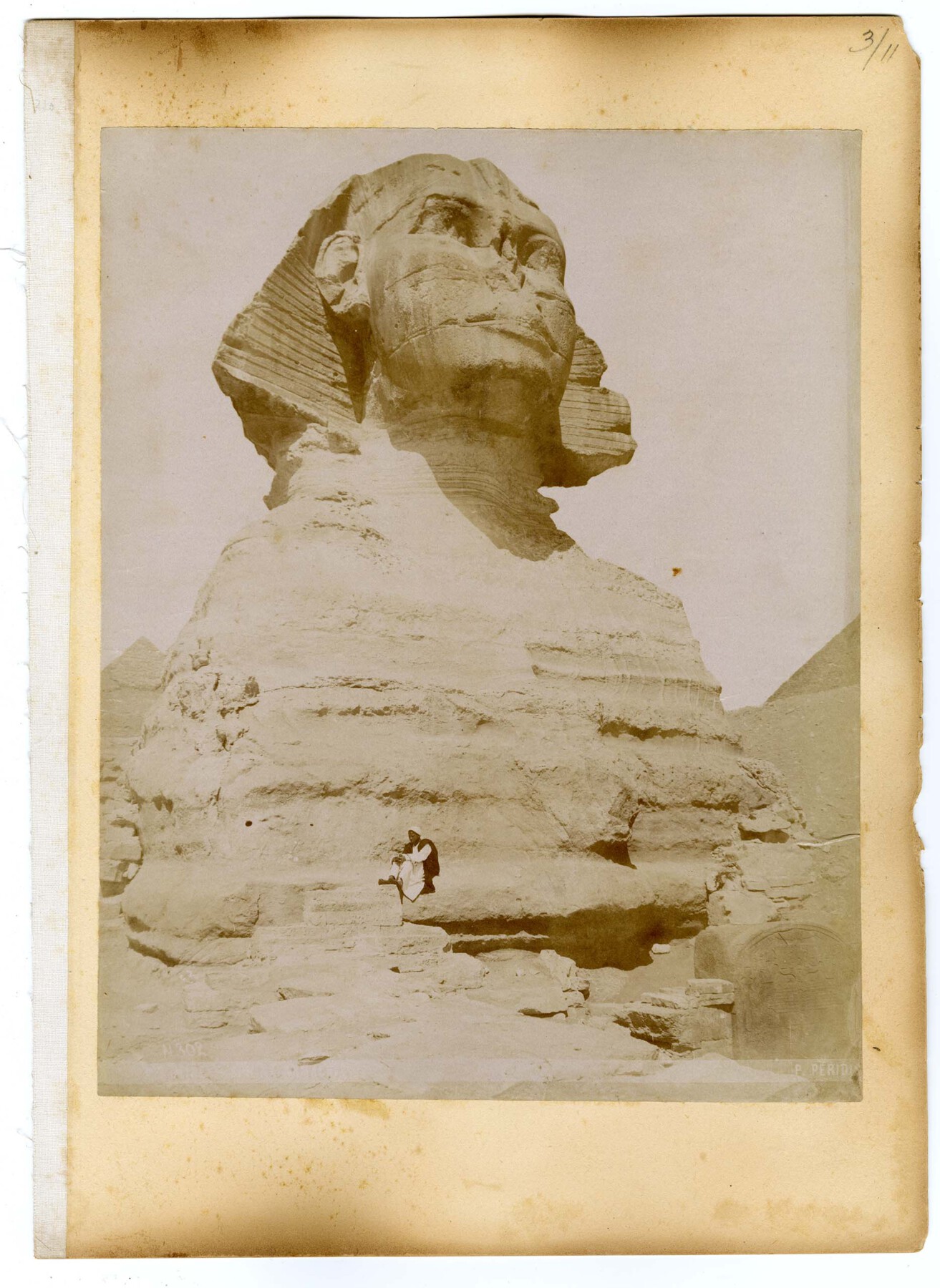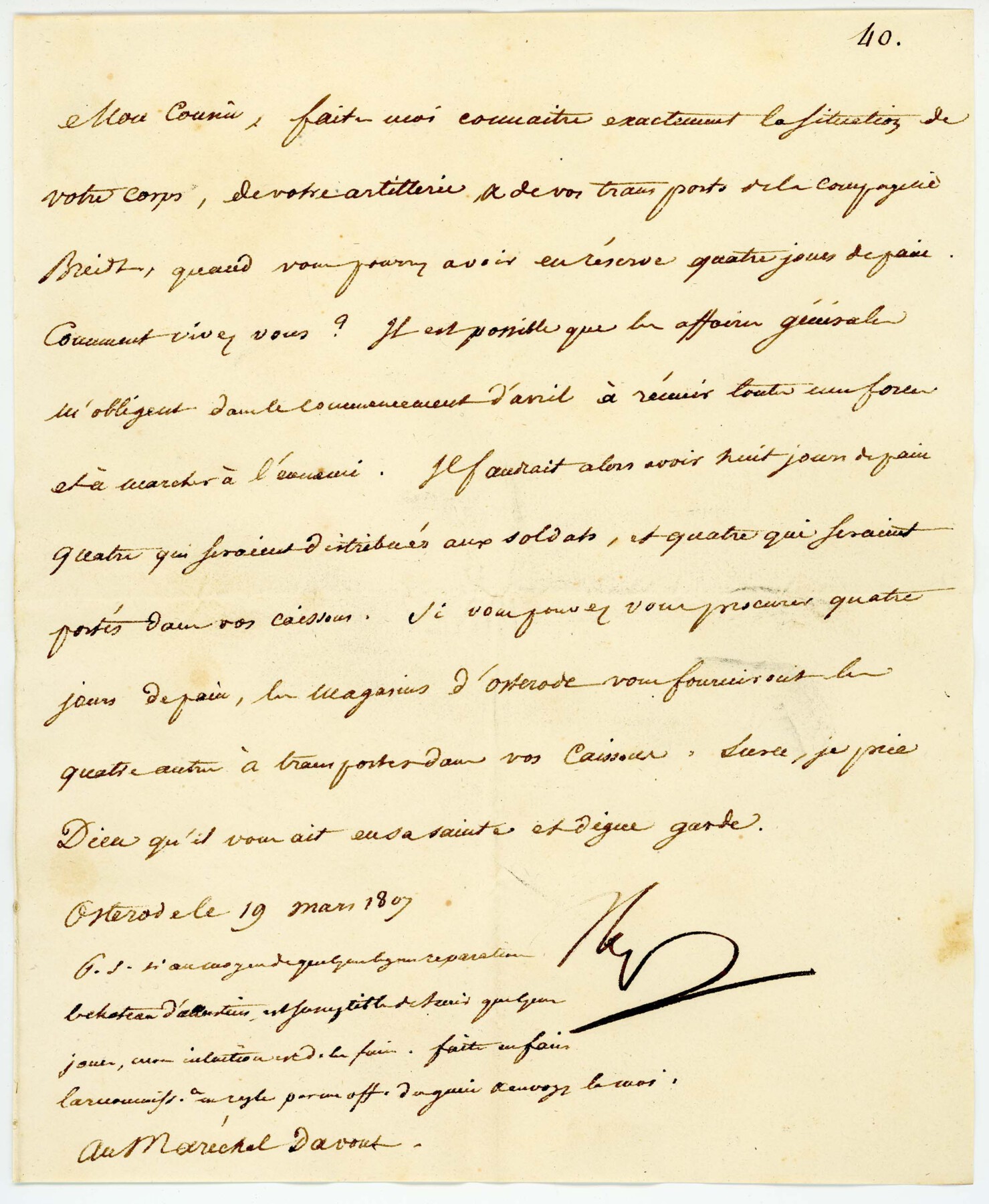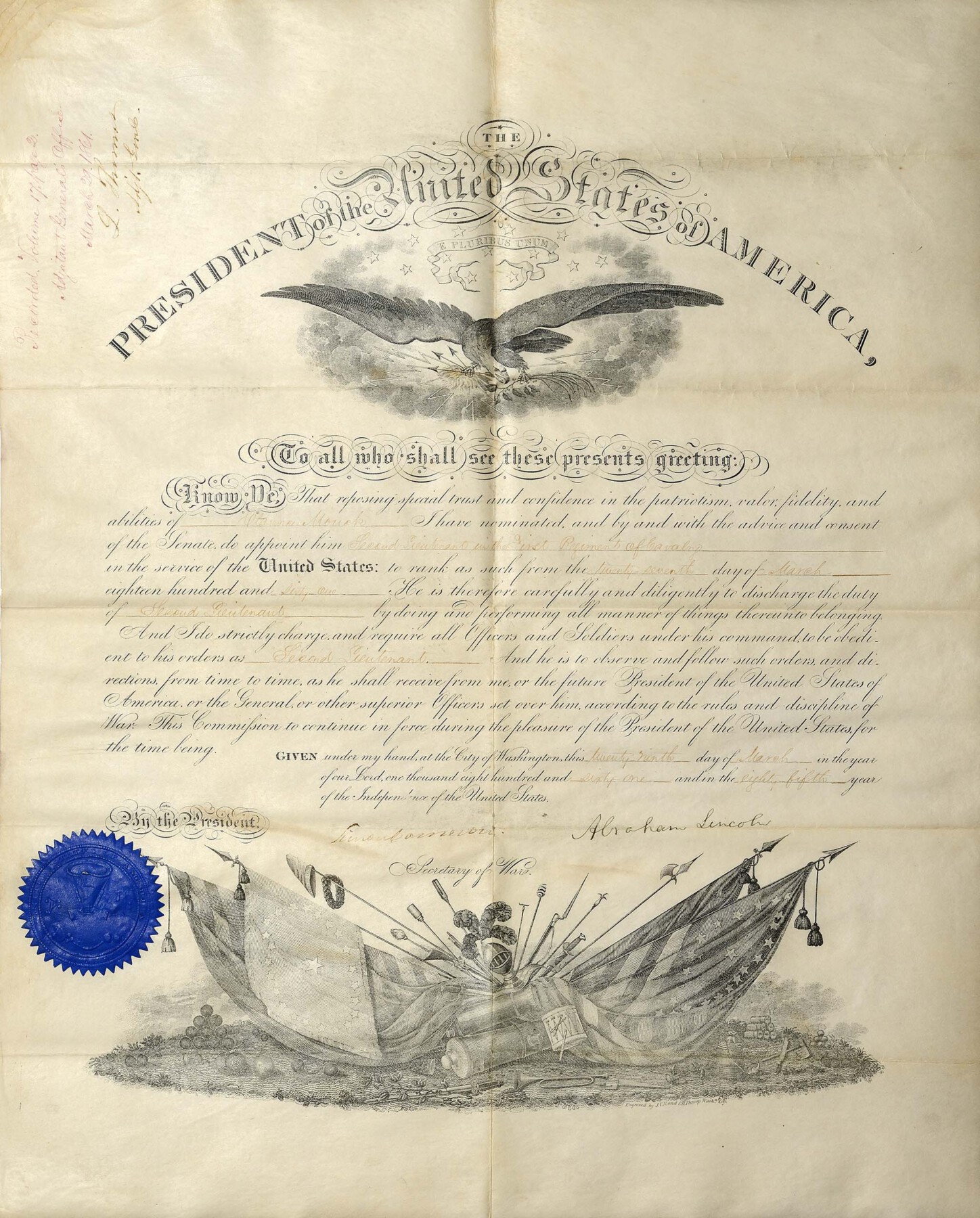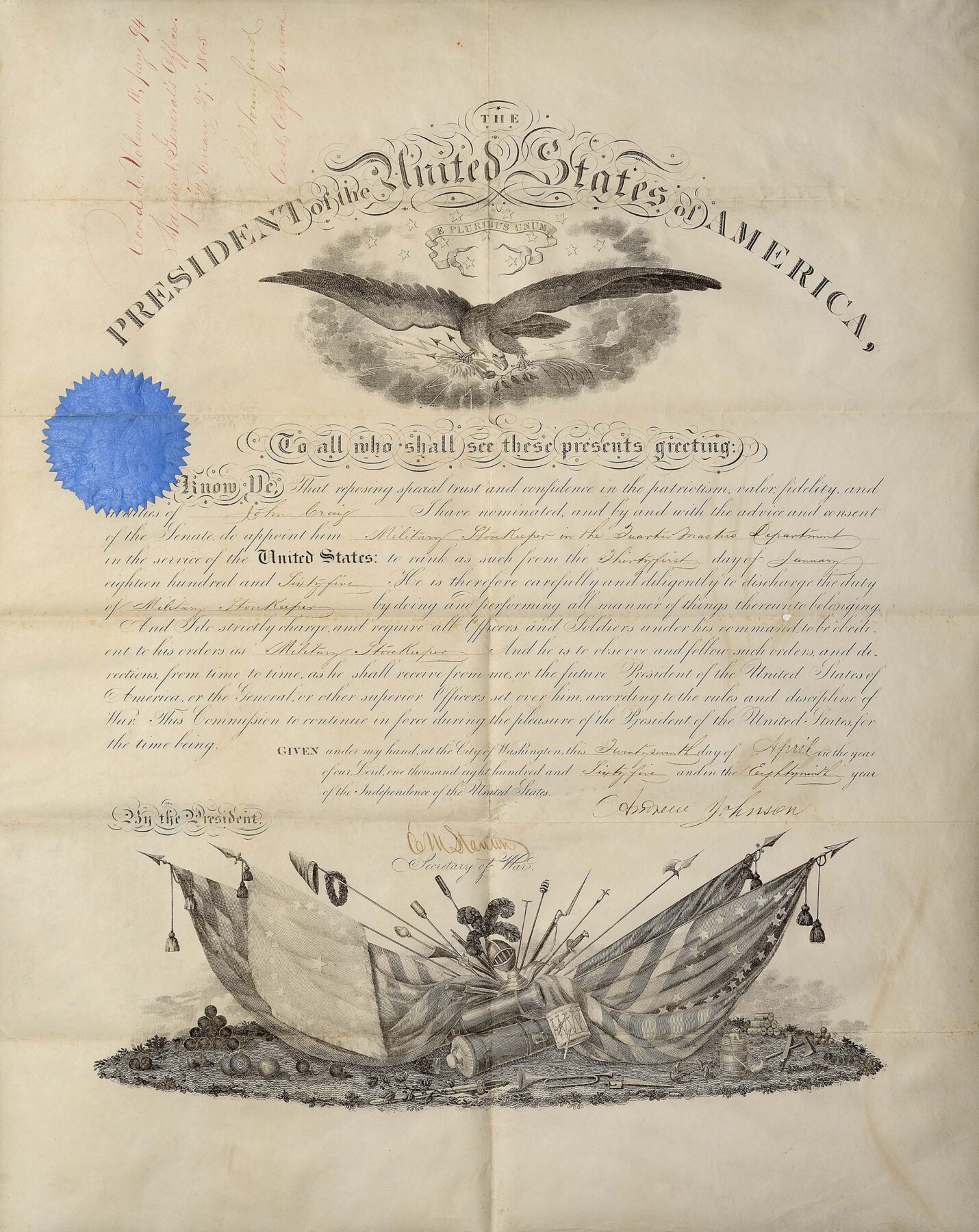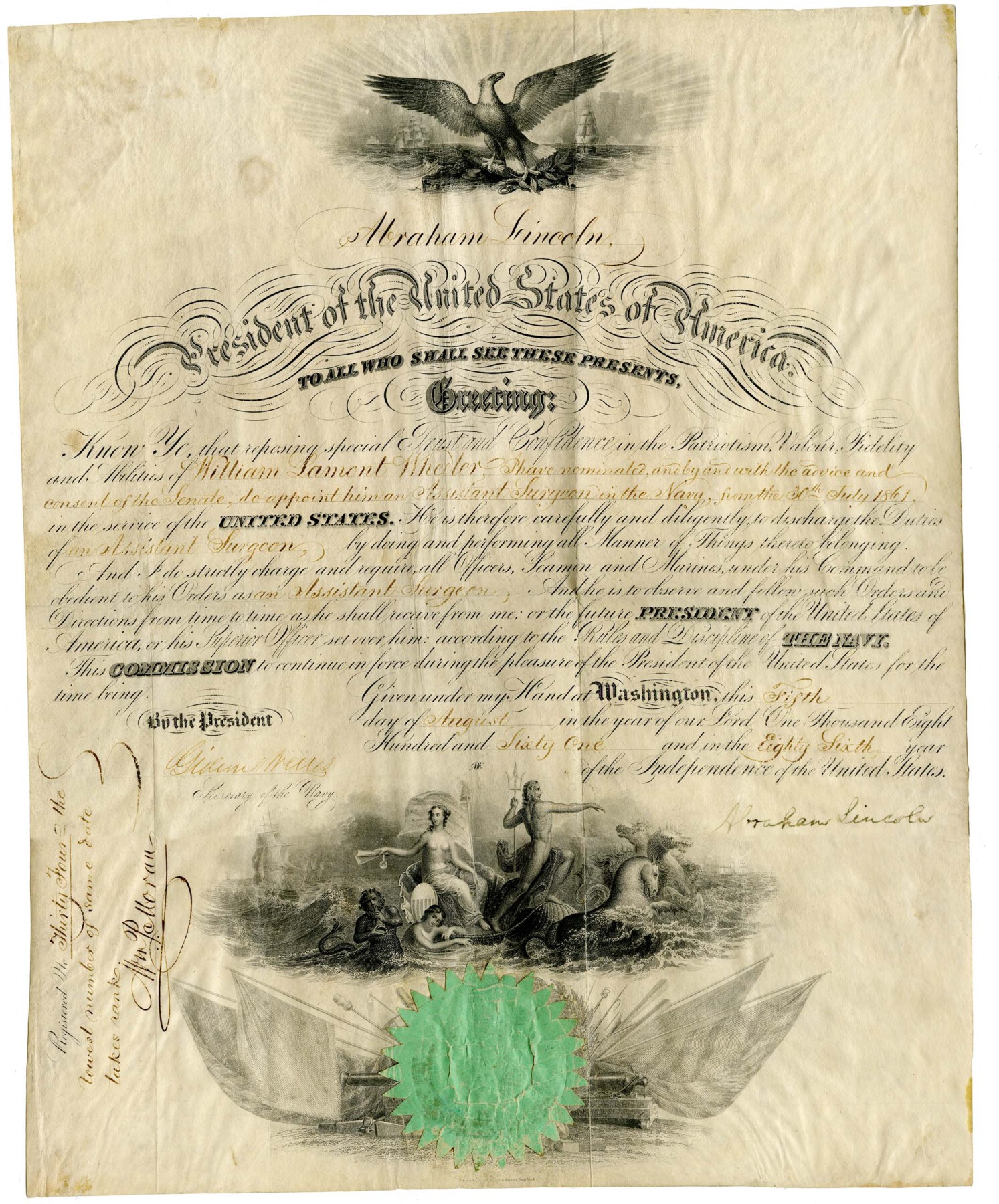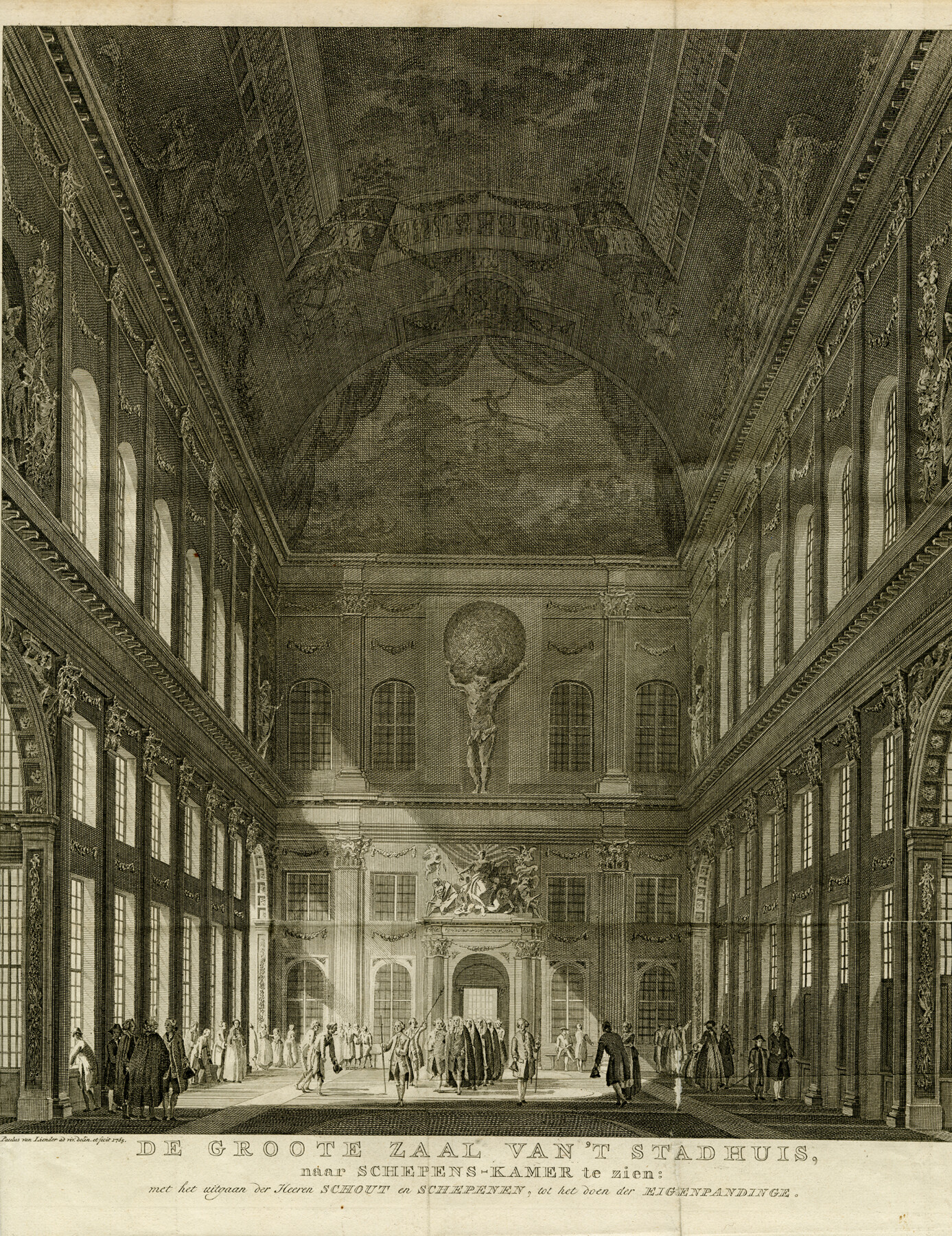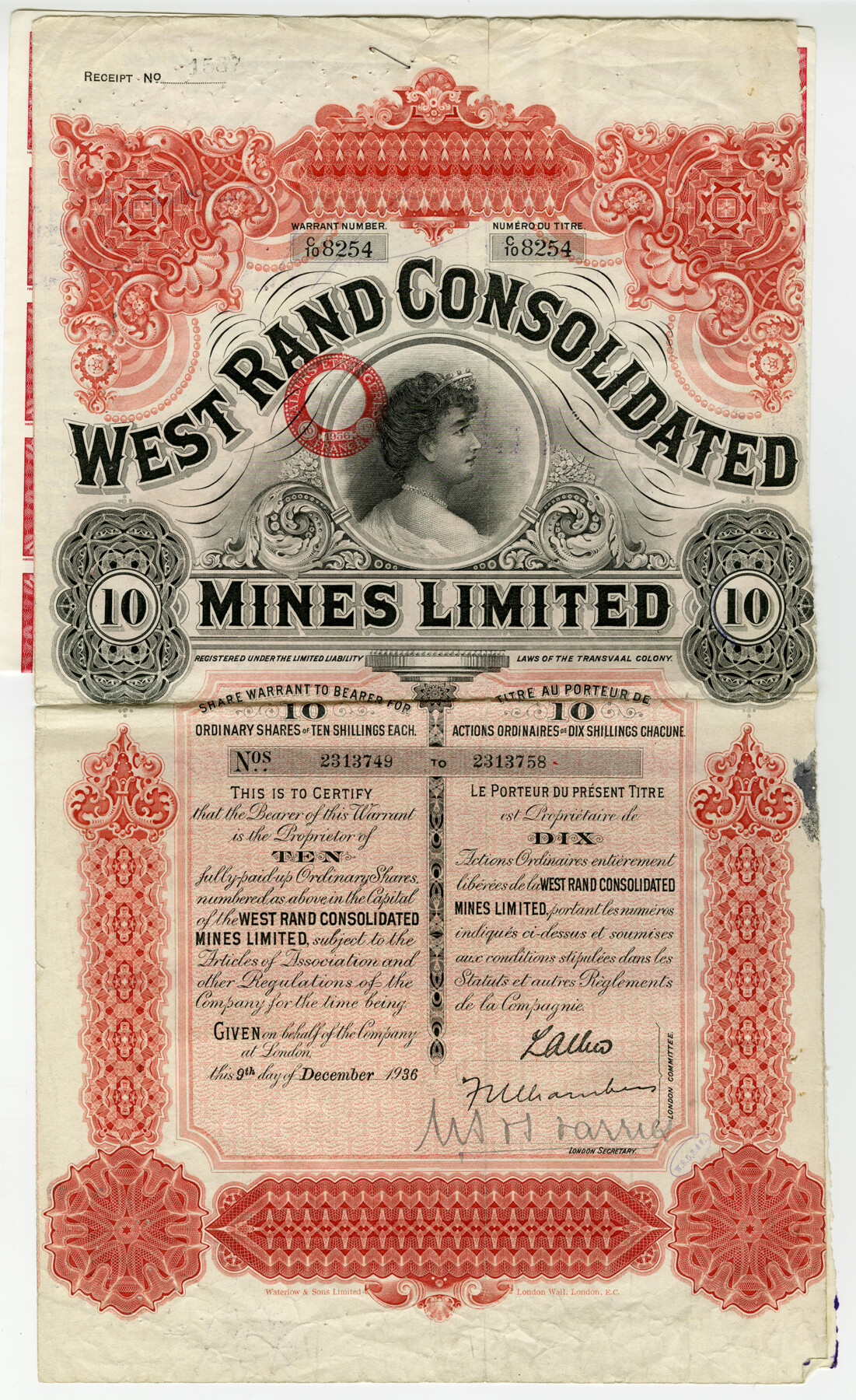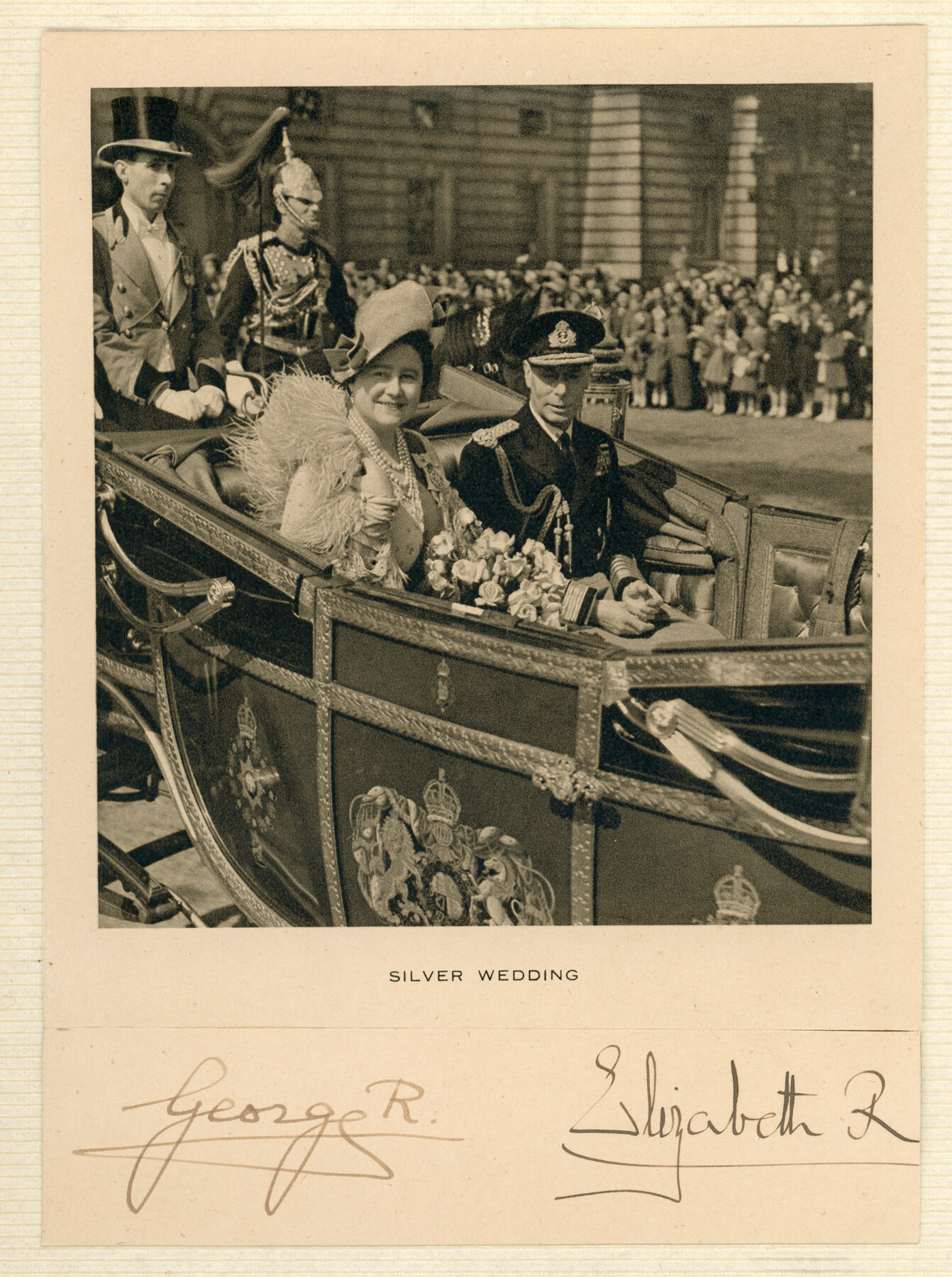About project
The project created an online exhibition to objects from Janusz Fiszer’s collection. Janusz Fiszer PhD was a great history buff and, centred around his interests, amassed a fine collection of artefacts, which were all of a relevant, chronological and topographical scope. These objects are connected mainly with the history of Anglo-Saxon countries, but there is no shortage of real gems related to important events in Poland, Italy, France, Russia and South American countries. The archival and iconographic materials collected over the years are now of enormous and unquestionable value from both an academic and didactic perspective and also as museum exhibits. Dr Fiszer’s legacy contains objects from various continents and is probably one of the largest collections of its kind in Europe, if not the world. The uniqueness of the collection is due not only to the number of objects collected – several thousand archival items, photographs and nearly half a million philatelic objects – but also to their uniqueness on a Polish and worldwide scale. It includes previously unpublished museum items of unquestionable epistemic as well as artistic value, e.g. priceless archives, including papal bulls, correspondence of European monarchs (such as Queen Victoria, Edward VIII George VI, Elizabeth II, Napoleon I, Napoleon III and Emmanuel III). The collection also includes documents signed by people who had an impact on twentieth-century history (e.g. Benito Mussolini, Winston Churchill, Ignacy Jan Paderewski), presidents of the United States (e.g. Abraham Lincoln, Thomas Jefferson, Richard Nixon and James Monroe) and a collection of several thousand securities issued in the nineteenth and twentieth centuries by the world’s leading railway, car and mining tycoons. The antiquities include a cartographic collection with historical maps of colonies of the British Empire, maps of European and African countries. Dr Fiszer also amassed a priceless collection of nineteenth- and twentieth-century photographs documenting, among other things, Egypt during the period of the great archaeological excavations, life in overseas colonies, and the British royal family. The museum exhibits also contain a philatelic collection, nineteenth- and twentieth century prints (engravings) and plans, antique inkwells and cigarette cases, British orders, a collection of autographs and invitations to royal coronations.
Biography of Dr. Janusz Fiszer
Dr Janusz Fiszer was born on 17 March 1957 in Piotrków Trybunalski. From his earliest school years, he had an insatiable curiosity about the world. He was talented, intelligent, and hard-working. During his secondary school education, he took part in many Olympiads (annual school competitions); his high placement in the National Final of the 17th Olympiad on the subject of Knowledge of Poland and the Contemporary World allowed him to enrol at the Faculty of Law and Administration of the University of Warsaw without having to take entrance exams (1976).

Janusz Fiszer
Throughout his studies he was greatly involved in the university community, taking part, among other things, in ‘Politykus’ (a tournament of knowledge about politics), in which he won first place in the university’s final in Warsaw in 1979, and then, together with other representatives from Warsaw, won fourth place in the national final. In 1979 he joined the Polish Lawyers’ Association, also participating in the work of the branch of this Association in the university’s Faculty of Law. He was also a member of the Central Committee responsible for organizing the Olympiad on Knowledge of Poland and the Contemporary World (1976–1978).
In May 1980, he prepared his MA dissertation entitled: ‘Development of a system of foreign currency bank accounts for private individuals – residents of countries with convertible currencies’, which he defended with distinction. The fact that he was highly esteemed among the staff of the University of Warsaw enabled him to take up a job at the university’s School of Management as a junior assistant (1980–1981).
In the years that followed, he continued his academic career. In 1982 he was a scholarship holder at the Friedrich Schiller University in Jena (GDR) and in 1982–1983 was a holder of a research scholarship at the Faculty of Management and Entrepreneurship of the University of Kansas School of Business in Lawrence, USA. In 1986 he held a scholarship at the University of Graz in Austria, and in the same year also defended his thesis for his doctoral degree in law (entitled: ‘Development of the institution of rationing of foreign exchange under Polish law for domestic private individuals’). In 1988–1989 he was awarded a research scholarship by the Deutscher Akademischer Austauschdienst (DAAD), and in 1990 by the Thyssen Foundation (Fritz Thyssen Stiftung) to the Centre for International and Foreign Tax Law at the University of Munich in Germany.
His superiors regarded him as a very hard-working, reliable person with a broad range of social and political interests. Recognition among his superiors and his academic successes allowed him to further his academic career at the University of Warsaw, marked by successive posts: Junior Assistant (1981–1982); Senior Assistant (1982–1987); Assistant Professor in the Faculty of Financial and Legal Problems of Management (1987–2007) and as an Associate Professor (from 2007).
Dr Janusz Fiszer was liked and appreciated by his students. In the opinion of the Student Council of the Faculty of Management, he was one of the leading lecturers, because of his style of delivery and the content of his classes. Students emphasized that they willingly attended his lectures and had a great appreciation of the value of the knowledge which Janusz Fiszer imparted. In the years 1990–2007, he was supervisor of as many as 130 MA and BA student dissertations. On average he supervised between six and ten MA students each year. Dr Fiszer’s career was not limited to his work at the university. In the years 1990–1991, he was an independent expert for the Polish Parliamentary Commission for Economic Policy, Budget and Finance. A year later he became an advisor to the Polish Minister of Finance and a delegate of the Polish Ministry of Finance at meetings of the OECD Committee on Fiscal Affairs and a number of this Committee’s Working Groups. He was co-negotiator for dozens of international double taxation treaties (with Finland, Denmark, Cyprus, Singapore, Zimbabwe, South Africa, Romania and former Czechoslovakia).
At the request of the Ministry of Privatization, he co-authored the bill on National Investment Funds and their Privatization (including drafting the implementing legislation); he worked as a consultant on the draft of the new Law on Investment Funds and the Law on Industrial Funds. In 1996–2000, at the request of the then Ministry of Industry and Trade, he co-authored the governmental bill for the Law on Commodity Exchanges. From 1991 he also worked as an advisor for the international law firm White & Case.
On many occasions, Janusz Fiszer acted as an attorney at law in several tax disputes, mainly in cases before the Supreme Administrative Court, including a precedent-setting case for the State Treasury’s refund of income tax with interest (of more than PLN 150 million) to the Foundation for Polish Science – at that time it was the largest court case of this kind in Poland. He has advised on numerous Merger & Acquisition transactions in Poland, both for publicly listed and private companies, including, Philip Morris / Krakowskie Zakłady Przemysłu Tytoniowego SA; Pricoa / Business Center Wola; Rolimpex / Constar; Nordea Bank Sweden AB / Bank Komunalny w Gdynii SA; Citibank SA / Bank Handlowy w Warszawie SA; ING Bank NV / Bank Śląski SA; Skanska Europe AB / Exbud SA; Lafarge / ZPG Dolian Nidy; Fortis Bank SA / NV / Dominet SA and Dominet Bank SA. He was a co-founder and then the President of the Board of the International Tax Association in Poland, a branch of the International Fiscal Association and a member of the International Tax Planning Association (ITPA). He participated in dozens of national and international seminars and conferences on tax and financial issues in Budapest (1993), Pretoria (1993), Dresden (1994), Warsaw (1995–2006), Szczecin (1998), Dublin (2001), London (2002–2005). In 1994–1995, he lectured at specialist courses on international tax law and double taxation treaties organized by the OECD for the staff of tax administrations in Central and Eastern European countries in Vienna (1994), Ankara (1994, 1995), Copenhagen (1994, 1995), and Istanbul (1995).
He was the author of more than 600 articles in Polish professional journals on legal, tax and financial matters, including in magazines such as Finanse, Państwo i Prawo, Monitor Podatkowy, Gazeta Prawna, Tax News Service, East European Business Law, European Taxation, Intertax, and Wirtschaft und Recht in Osteuropa. He co-authored the Commentary on the Law on National Investment Funds and their Privatization (1993). He was a regular correspondent for professional tax journals for many years: Tax Notes International (United States), Tax News Service (Netherlands) and East European Business (The Netherlands), and East European Business Law (United Kingdom). In 1993, he became a member of the editorial board of the monthly professional tax journal Monitor Podatkowy, and from 2004 was a regular contributor to Dziennik Gazeta Prawna.
Dr Janusz Fiszer was a leader in international and national rankings of tax law specialists and tax advisors: Chambers, Chambers Europe, World Tax, Ranking of Tax Advisory Firms and Tax Advisors, Who’s Who Legal – The International Who’s Who of Business Lawyers, Rzeczpospolita, Dziennik Gazeta Prawna and Forbes. In 2016, he was named Tax Advisor of the Decade in the field of international tax law, and in 2019, in the 13th edition of the ranking, he was recognized as the best specialist in this field.
It is impossible to list all of Dr Fiszer’s achievements in professional and academic fields.
Moreover, it should be noted that Dr Janusz Fiszer was not only a respected and outstanding expert in the field of Polish and international tax law. Privately, he was a great history buff and, centred around his interests, amassed a fine collection of artefacts, which were all of a relevant, chronological and topographical scope. These objects are connected mainly with the history of Anglo-Saxon countries, but there is no shortage of real gems related to important events in Poland, Italy, France, Russia and South American countries. The archival and iconographic materials collected over the years are now of enormous and unquestionable value from both an academic and didactic perspective and also as museum exhibits. Dr Fiszer’s legacy contains objects from various continents and is probably one of the largest collections of its kind in Europe, if not the world. The uniqueness of the collection is due not only to the number of objects collected – several thousand archival items, photographs and nearly half a million philatelic objects – but also to their uniqueness on a Polish and worldwide scale.
It includes previously unpublished museum items of unquestionable epistemic as well as artistic value, e.g. priceless archives, including papal bulls, correspondence of European monarchs (such as Queen Victoria, Edward VIII George VI, Elizabeth II, Napoleon I, Napoleon III and Emmanuel III). The collection also includes documents signed by people who had an impact on twentieth-century history (e.g. Benito Mussolini, Winston Churchill, Ignacy Jan Paderewski), presidents of the United States (e.g. Abraham Lincoln, Thomas Jefferson, Richard Nixon and James Monroe) and a collection of several thousand securities issued in the nineteenth and twentieth centuries by the world’s leading railway, car and mining tycoons. The antiquities include a cartographic collection with historical maps of colonies of the British Empire, maps of European and African countries. Dr Fiszer also amassed a priceless collection of nineteenth- and twentieth-century photographs documenting, among other things, Egypt during the period of the great archaeological excavations, life in overseas colonies, and the British royal family. The museum exhibits also contain a philatelic collection, nineteenth- and twentieth century prints (engravings) and plans, antique inkwells and cigarette cases, British orders, a collection of autographs and invitations to royal coronations.
Dr Janusz Fiszer died on 2 September 2019.
In conversations with his relatives, Dr Fiszer often mentioned that he owed everything he had achieved – his knowledge, and his professional position – to his Alma Mater. Therefore, Prof. Urszula Fiszer MD decided to donate to the University of Warsaw, as a form of gratitude, a collection that was inextricably linked to her husband. In 2020, the university became the owner of a priceless collection, meticulously amassed by one of its employees.
On commencing his career at the University of Warsaw, Dr Fiszer vowed to educate and raise young people to become ideological and enlightened citizens capable of taking an active part in the development of the economy and culture, as well as in the university’s academic, research and promotion activities. He did this throughout his career as an outstanding lecturer. He amassed an extremely valuable collection, which continues to serve this purpose. Dr Fiszer’s collections are wonderful exhibits that will fill the showcases (including the virtual ones) of the University of Warsaw Museum. But they are also objects of unquestionable academic value that will make it possible for future generations of students, doctoral students and researchers to broaden our knowledge of the past.
Honorary patronage: Rector of the University of Warsaw
Organizer: “Varia” Foundation of Humanities of the University of Warsaw, Museum of the University of Warsaw.
Project carried out in cooperation with the National Center for Culture. Co-financed by the Ministry of Culture and National Heritage.





